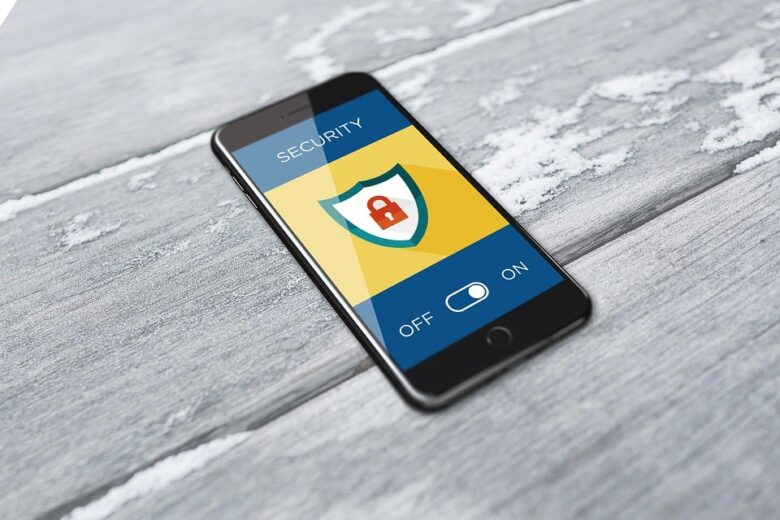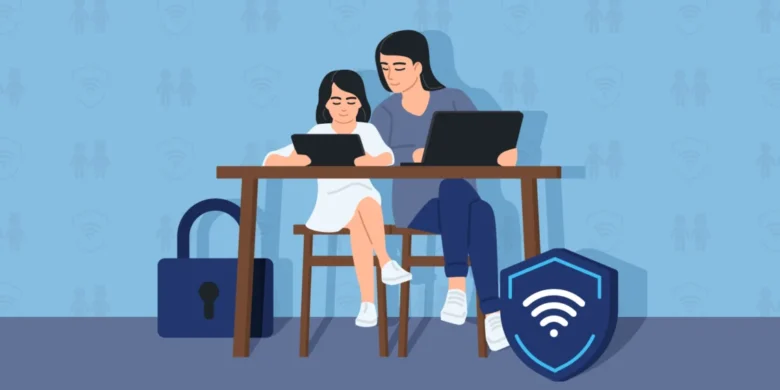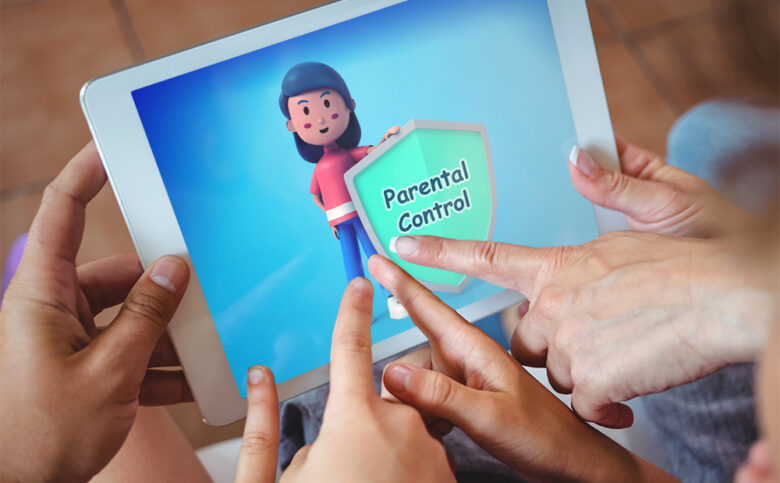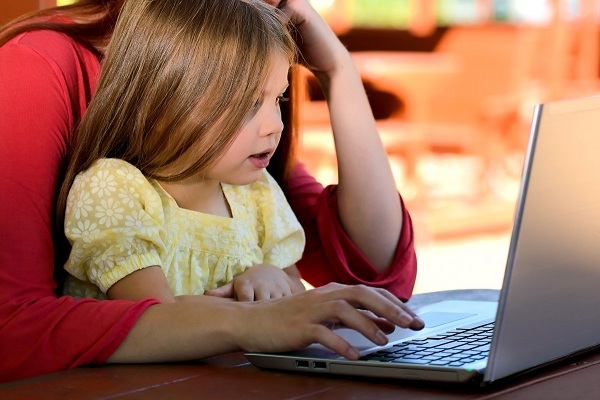As a parent, your top priority is keeping your child safe. Social media plays a significant role in every child’s life, so monitoring activity and ensuring their child’s online safety is essential. Parental control software helps check your child’s social media use, but is it worth it? This software raises moral questions, and its usage has pros and cons. Let us check out some of them here.

What is Parental Control Software
Parental control software is a type of software that parents or guardians can use to monitor and control their children’s online activity. This software is installed on the child’s device and allows parents to set limits on the websites their child can visit, the apps they can use, and the amount of time they can spend online.
These software packages have become necessary because the use of social media among young children is only expected to rise as more youngsters gain access to the internet.
ExpressVPN reveals that more U.S. kids (63%) than U.K. kids (53%) are on social media. And these kids spend an average of 28 minutes daily on social platforms.
The article showed 87% of parents say they allow their children to watch videos on sites such as YouTube and Netflix. And over 80% allow their kids to play online games, while 28% say they have no problem giving their children access to the internet so that they can read articles. In addition, these children face threats of cyberbullying from their peers and lying about their age online. Many social networking sites require users to be over 13, such as TikTok and Instagram, but that won’t prevent children from attempting to access them.

Pros of Monitoring Children’s Social Media Use with Parental Control Software
Prevention of Cyberbullying
The parental control software can help parents identify instances of cyberbullying. That includes harassing or threatening messages, comments, or posts and alerts parents so that they can intervene. By watching a child’s online activity, parents can take action to prevent cyberbullying and provide support to their child if necessary.
According to Net Nanny’s article, parents should limit internet time for their children because it enforces productive internet usage, preventing children from cyberbullying or viewing random sites. A timed limit allows children a degree of free roam, without as much risk of procrastination or reliance on the internet, without completely restricting access.
Protecting Children from Inappropriate Content
The software includes content filtering features that prevent their children from accessing inappropriate or harmful content online. Content with violence or mature themes is filtered and blocked, protecting their children from exposure to harmful material and keeping them safe online.

Identifying Signs of Online Predators
With the constant improvement of these software programs, parents can identify signs of online predators, like suspicious messages, requests for personal information, or attempts to meet in person, and alert them to take action. That isn’t foolproof, but it provides parents with a feeling of safety and security when their child accesses the internet.
Cons of Monitoring Your Child’s Social Media Use with Parental Control Software
Observing your child’s social media use with parental control software is a popular choice for many parents who want to keep their children safe online. It’s essential to consider the potential downsides to this approach.
Violating children’s privacy
Monitoring your children’s social media use can violate their privacy. Children have the right to privacy just like adults, and respecting their boundaries is essential. Constant monitoring can make your child feel like they are being watched and controlled, harming their emotional well being. Trust and closeness between parents and their children are paramount, as the more safe a child feels, the more likely they are to disclose issues with cyberbullying or predators.
Creating Trust Issues between Parent and Child

Excessive monitoring can create trust issues between parents and their children. Children may feel like their parents don’t trust them, leading to a breakdown in communication and making them less likely to confide in their parents. That can damage the relationship between parent and child, making establishing a healthy and open dialogue difficult. An article by The Conversation revealed that “if a parent fails to tell the child they are being monitored, and the child finds out, this is simply a breach of trust”. That provides more issues in the long term, where parents acting on behalf of their children’s safety drives a wedge between the parent and child, causing the child to distrust their parent.
Limiting Children’s Independence and Autonomy
The monitoring software can limit children’s independence and autonomy. As children grow up, they must learn how to navigate the internet responsibly and decide what content to consume. Excessive monitoring can prevent children from developing these skills and hinder their ability to independently make responsible decisions, making them more vulnerable when they start college or leave home.
False Sense of Security
Using these software products without proper orientation can create a false sense of security. While it may give parents peace of mind that they are monitoring their child’s online activity, it’s important to remember that this is not infallible. Children can still encounter harmful content and dangerous people online, and parents should not rely solely on software to keep their children safe.
Key Features to Look for in Parental Control Software for Social Media Monitoring

As a parent, when looking for software for social media monitoring, there are several key features to keep in mind. These features can help ensure your child is safe using social media.
Content Filtering and Blocking
One of the critical features to look for is content filtering and blocking, which enables parents to control what their children can access online—blocking inappropriate content and limiting access to specific websites to improve children’s online safety.
Monitoring Social Media Activity
Another essential feature to consider is social media activity monitoring. With this feature, you can monitor your child’s social media accounts and track their posts, messages, and comments. That lets you stay up-to-date on their online activity and identify potential risks or concerns.
Real-time Alerts
Real-time alerts are another vital feature of parental control software. These alerts notify parents of suspicious activity or concerning behaviour, such as cyberbullying, inappropriate content, or potential predators. That allows parents to take immediate action and protect their children from harm.
Takeaway
The parental control software can monitor your child’s social media use and keep them safe online. Limiting screen time and preventing exposure to inappropriate content can help parents set healthy boundaries. It is necessary to weigh the pros and cons carefully and to use such software in conjunction with open communication and trust-building measures. Ultimately, deciding to use parental control software is personal and should be based on individual family needs and values.

